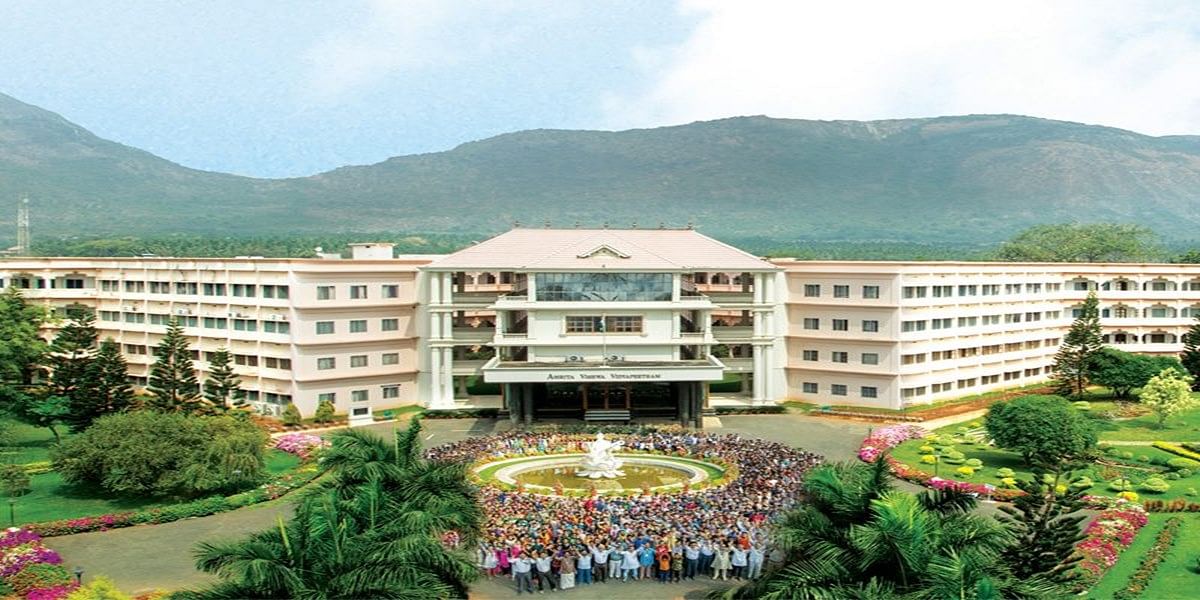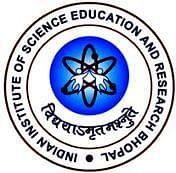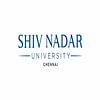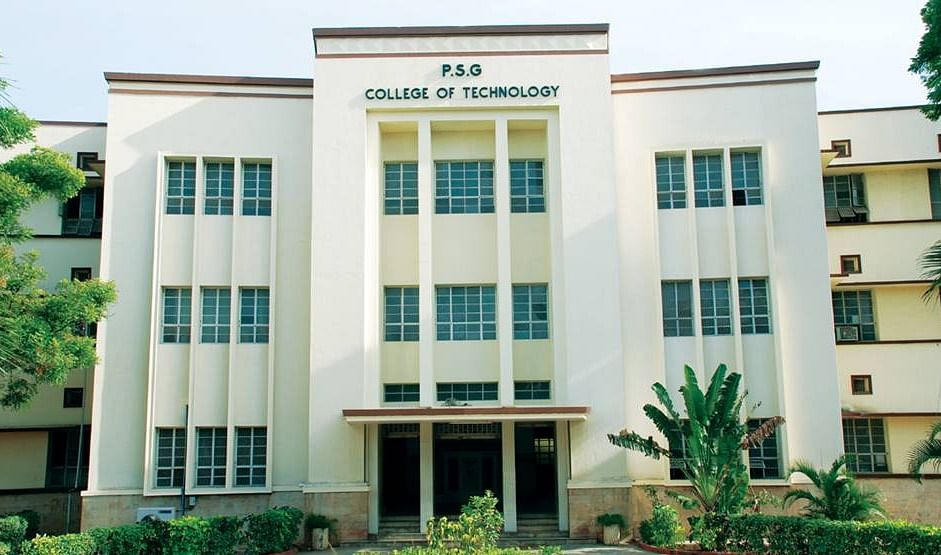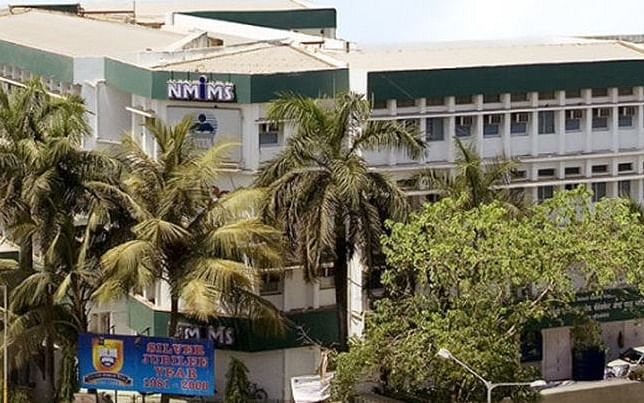B.Sc Data Science Syllabus and Subjects 2026 - Semester Wise

BSc Data Science subjects cover crucial topics such as Data Analysis and Visualization, Machine Learning, Linear Algebra, Probability, Python/R Programming, Programming in C, Data Structures, and Analytics. Students can also choose elective B.Sc Data Science subjects tailored to specific interests such as Logistics Analytics, Deep Learning, Time Series Analysis, Social Network Analysis, and more.
B.Sc Data Science syllabus spans over three years and is strategically divided into six semesters. A BSc in Data Science prepares students with the knowledge and practical skills needed to extract valuable insights from data. The syllabus may vary slightly depending on the institution but the core topics and the focus on practical skills remain consistent throughout the BSc Data Science course.
BSc in Data Science course equips students with the skills to work in a variety of roles such as data analyst, data scientist, machine learning engineer, business analyst, or even pursue further education in data science and related fields.
Table of Contents
Subjects in BSc Data Science
B.Sc Data Science subjects enhance students' skills in data collection, analysis, interpretation and making data-driven decisions. This degree focuses on statistical methods, machine learning, data visualization, and programming. The B.Sc Data Science subjects are divided into core and elective courses, which are delineated in the sections below.
Core BSc Data Science Subjects
The core subjects under BSc Data Science equip students with foundational knowledge and skills critical for a comprehensive understanding of Data Science. The core BSc Data Science subjects generally provided across most top colleges include:
- Programming
- Data Structures and Algorithm
- Statistics for Data Science
- Mathematics for Data Science
- Database Management
- Data Privacy and Security
- Python, Java, C, R
- Data Handling and Visualization
- Big Data Analytics
- Deep Learning
Elective BSc Data Science Subjects
Elective subjects enable students to tailor their education based on personal interests, the potential for advanced study, and diverse career opportunities in the field of Data Science. The list of elective subjects under BSc Data Science includes:
- Time Series Analysis
- Predictive Modelling and Analytics
- Social Network Analytics
- Information Retrieval and Processing
- Conditional Monitoring Techniques for Data Science
- Operating System
- Tensor Flow
BSc Data Science Subjects in Detail
BSc Data Science covers a range of subjects that develop skills to work with data and drive insights such as computer science and programming, machine learning, data visualization, text mining, data mining, etc. The important subjects covered in B.Sc Data Science syllabus are explored in detail in the following table:
|
BSc Data Science Subjects |
Topics Covered |
|
Mathematics for Data Science |
Matrices and Calculus, Sets and Foundations in Logic, Relations and Functions, Hypothesis Testing, Probability Theory, |
|
Programming in C |
Programming Language, Problem-solving Techniques, Fundamentals of C, Functions, Arrays and Strings, Pointers, Structures, and Union, Introduction to Embedded C. |
|
Data Science Fundamentals |
Data Analytics & EXCEL, Data Visualization, Data-driven Techniques, Advanced Data Analytics with Excel, Forecasting in Excel. |
|
Statistics for Data Science |
Statistical Methods, Probability and Distribution, Correlation and Regression, Sampling and Testing, Statistical Inference. |
|
Python |
Python Programming, File, Exception Handling and OOP, Numpy, Data Manipulation with Pandas, Data Cleaning Preparation and Visualization. |
|
Data Security and Privacy |
Data Privacy, Static Data Anonymization, Privacy Preserving Data Mining, Synthetic Data Generation, Dynamic Data Protection and Privacy Regulation. |
Semester-Wise BSc in Data Science Syllabus
B.Sc Data Science subjects 1st year focuses on foundational principles in data science while 2nd year delves into practical applications, and the 3rd year covers advanced topics and a hands-on project for specialized skill development. The BSc Data Science syllabus semester-wise is detailed below.
BSc Data Science 1st Semester Syllabus
BSc Data Science 1st year program introduces students to the foundational principles of data science, covering topics such as statistics, programming, and data structure fundamentals. This first year BSc in Data Science syllabus is detailed in the table below:
|
Semester I |
Semester II |
|
English |
Statistics for Data Science |
|
Programming in C |
Probability Models for Data |
|
Mathematical Foundations for Data Science |
Programming |
|
Data Science Fundamentals |
Data Structures and Algorithm |
|
Foundations of Computer Science |
Linear Algebra |
|
Environmental Science |
Operations Research |
|
Elective |
Elective |
Practical Topics in First Year B.Sc Data Science Syllabus
The practical subjects taught in the B.Sc Data Science subjects 1st year are as follows
- Database Management System Lab
- Java Programming Lab
Second Year BSc Data Science Syllabus Semester Wise
BSc Data Science second year syllabus explores subjects like business analytics, machine learning, and data management, gaining proficiency in Python and R. The practical labs enhance their technical skills. The second year BSc Data Science syllabus semester wise is given below:
|
Semester III |
Semester IV |
|
Business Analytics |
Machine Learning |
|
Data Management |
Data Security and Privacy |
|
Python for Data Science |
Data Wrangling with Python |
|
Data Analytics using R |
Advanced Python for Data |
|
AI |
Internet Technology |
|
Electives |
Electives |
Practical Topics in Second Year B.Sc Data Science Syllabus
The second-year BSc in Data Science subjects for practicals are listed below:
- Python
- Machine Learning Lab
- Technology Lab
- Statistics Lab
Third Year BSc Data Science Syllabus Semester Wise
The third year is dedicated to advanced topics in data science, including big data analytics, deep learning, and natural language processing. Students also work on a significant project that allows them to apply their knowledge. The third year BSc Data Science syllabus is listed in the table below:
|
Semester V |
Semester VI |
|
Big Data Analytics |
R for Analytics |
|
Deep Learning |
Techniques And Tools for Data Science |
|
Data Handling and Visualization |
Elective |
|
Natural Language Processing |
Internship |
|
Elective |
Project |
Practical Topics in Third Year B.Sc Data Science Syllabus
The third-year BSc in Data Science subjects for practicals are listed below:
- Relational Database Management System Lab
- Big Data and Analytics Lab
- Statistics Lab
- Mathematics Lab
College-Wise BSc Data Science Syllabus
The subjects and syllabus for BSc Data Science can differ across colleges, reflecting their unique curriculum and educational objectives. To access and download the BSc Data Science syllabus pdf, students should visit the official website of their selected university. Here's a general outline of the syllabus of the top BSc Data Science colleges in India.
SVKM’s NMIMS BSc Data Science Syllabus
The BSc Data Science course at NMIMS delves into a comprehensive curriculum. It spans six semesters and equips students with a broad skill set to excel in the field of data science, culminating in a capstone project and research initiatives. The BSc Data Science syllabus semester-wise is provided in the tables below:
|
Semester I |
Semester II |
|
Descriptive Statistics - I |
Descriptive Statistics - II |
|
Introduction to Probability Theory |
Probability Models for Discrete Data |
|
Univariate Calculus |
Probability Models for Continuous Data |
|
Elementary Number Theory |
Linear Algebra |
|
Discrete Mathematics |
Numerical Methods |
|
Foundations of Computer Science |
Introduction to Programming |
|
Introduction to R |
Effective Communication |
|
Environmental Studies |
|
Semester III |
Semester IV |
|
Statistical Inference for Data Science - I |
Statistical Inference for Data Science - II |
|
Sampling Distributions & Applications |
Regression Analysis |
|
Statistics Lab - I |
Designs of Experiments |
|
Multivariate Calculus |
Statistics Lab - II |
|
Mathematics Lab - I |
Theory of Optimization & Graph Theory |
|
Data Management |
Mathematics Lab - II |
|
Technology Lab - I |
Machine Learning - I |
|
Data Analysis using Python |
Technology Lab - II |
|
Research Writing |
Data Wrangling with Python |
|
Research Initiative in Data Science - I |
Research Ethics |
|
Research Initiative in Data Science - II |
|
Semester V |
Semester VI |
|
Multivariate Analysis |
Markov Chains |
|
Operations Research |
Time Series & Forecasting |
|
Statistics Lab - III |
Statistical Process Control |
|
Differential Equations |
Statistics Lab - IV |
|
Mathematics Lab - III |
Deep Learning Techniques |
|
Machine Learning - II |
Technology Lab – IV |
|
Technology Lab - III |
Data Visualization and Modelling |
|
Big Data Analytics |
Entrepreneurship Skills |
|
Professional Skills |
Capstone Project |
|
Research Initiative in Data Science - III |
Hindustan University BSc Data Science Syllabus
Hindustan University's BSc Data Science course explores topics like machine learning, data security, and big data analytics. B.Sc Data Science syllabus also provides flexibility with electives and a focus on real-world application through internships and projects. The semester-wise BSc Data Science syllabus semester wise is detailed below.
|
Semester I |
Semester II |
|
English |
Statistics for Data Science |
|
Mathematical Foundations for Data Science |
Data Structure and Algorithm |
|
Programming in C |
Operating Systems |
|
Data Science Fundamentals |
Database Management System |
|
Computer Organization |
Python for Data Science |
|
C Programming Lab |
Database Management Lab |
|
Data Analysis with Excel Lab |
Python Programming Lab |
|
Semester III |
Semester IV |
|
Computer Networks |
Machine Learning |
|
Artificial Intelligence |
Data Security and Privacy |
|
Data Analytics using R |
Professional Ethics and Life Skills |
|
Business Analytics |
Data Handling and Visualization |
|
Elective: Time Series Analysis/Data Wrangling Techniques |
Elective: Predictive Modelling and Analytics/Statistical Inference for Data Science |
|
Data Science Programming using R |
Machine Learning Lab |
|
Business Analytics Lab |
Data Handling and Visualization Lab |
|
Semester V |
Semester VI |
|
Big Data and Analytics |
Techniques and Tools for Data Science |
|
Principles of Deep Learning |
Elective: Conditional Monitoring Techniques for Data Science/IoT Cloud and Data Analytics |
|
Elective: Social Network Analytics/Information Retrieval and Processing |
Internship |
|
Elective: Computer Vision Techniques/Digital Image Processing using MATLAB |
Project Work |
|
Big Data and Analytics Lab |
|
|
Mini Project |
BSc Data Science Project Topics
Projects are an integral tool of the BSc Data Science syllabus that bridges the gap between theory and practice. Listed below are some useful project topics for students to refer to:
- Build a customer churn prediction system for a business to identify and retain at-risk customers.
- Develop an anomaly detection system to enhance cybersecurity.
- Analyze healthcare data to identify trends, patient outcomes, and potential improvements in healthcare delivery.
- Build a recommendation system using collaborative filtering techniques
- Develop a model for predicting energy consumption in a smart city.
- Design a tool that helps organizations ensure data ethics and privacy compliance
BSc Data Science Course Structure
The course structure for a BSc Data Science typically comprises a combination of core subjects, elective courses, and practical components. While specific courses may vary by university and field of study, a BSc course structure often follows a pattern:
- Three years
- Six Semesters
- Core and Elective courses
- Seminars
- Practical Lab
- Guest lecturers
- Projects
BSc Data Science Teaching Methodology and techniques
The teaching methods and techniques in higher education such as B.Sc Data Science have evolved to engage and educate students effectively. A combination of traditional and modern approaches is often employed by BSc Data Science colleges in India. The methods include:
- Lectures
- Practical Learning
- Laboratory Work
- Project Work
- Case Studies
- Guest Lectures
- Coding Practice
- Internships
- Assessment
- Research Projects
BSc Data Science Reference Books
Aspiring candidates can refer to the books mentioned in the table below for gaining overview of B.Sc Data subjects:
|
BSc Data Science Subjects |
Reference Books |
Authors |
|
Mathematics for Data Science |
Statistics with JMP: Graphs, Descriptive Statistics and Probability |
Peter Goos and David Meintrup |
|
Programming in C |
Computer Programming |
Ashok Kamthane |
|
Data Science Fundamentals |
Market Analytics Data Driven Technique with Microsoft Excel |
Wayne L. Winston |
|
Statistics for Data Science |
Practical Statistics for Data Scientists |
Peter Bruce, Andrew Bruce, and Peter Gedeck |
|
Python |
Core Python Programming |
Wesley J. Chun |
|
Data Security and Privacy |
Data Privacy - Principles and Practice |
Nataraj Venkataramanan and Ashwin Shriram |
Top Bachelor of Science [B.Sc] (Data Science) Colleges
Top Science Entrance Exams
B.Sc Data Science Fee Structure
FAQs on B.Sc Data Science Syllabus and Subjects
Q: Is BSc Data Science hard?
Q: Does BSc Data Science have maths?
Q: Is there coding for BSc Data Science?
Q: What are the programming languages taught in BSc Data Science syllabus?
Q: Which Data Visualization tools do students learn in BSc Data Science curriculum?
